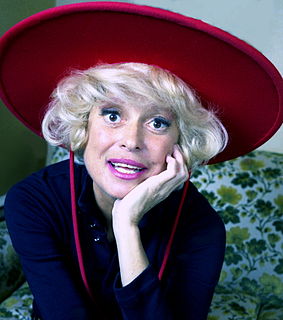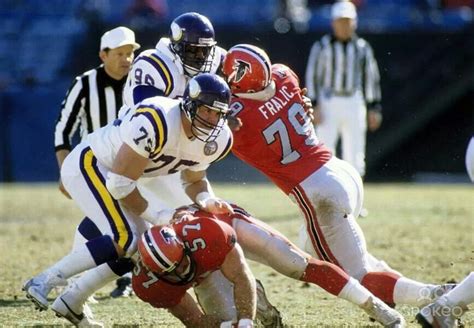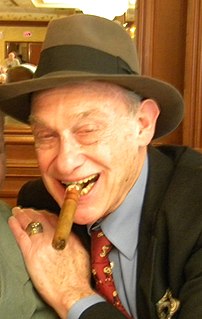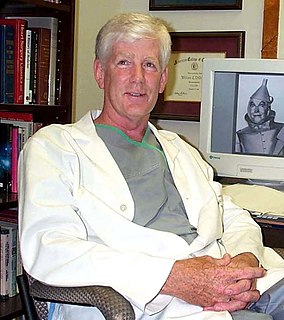A Quote by Carol Channing
I kept thinking that the audience had gone to so much trouble, working their schedules to be there. They had arranged for babysitters and even traveled in from out of town. Oh, how could I not be there for them?
Related Quotes
After my last girlfriend broke up with me, I looked at how our relationship had gone and how my previous relationships had gone, and even though those girlfriends had all been very nice women, I realized that I did not like being a boyfriend. I didn't like that role, so I thought I had to figure out some other way to, you know, have sex. And I much prefer paying for sex to being a boyfriend.
I was writing a story, 'The Artistic Career of Corky,' about two young men, Bertie Wooster and his friend Corky, getting into a lot of trouble, and neither of them had brains enough to get out of the trouble. I thought: Well, how can I get them out? And I thought: Suppose one of them had an omniscient valet?
I had the kid [on "Fences" ] who understudied me so I could stand back and think about shots so he had to learn the blocking and everything. I'd come in early sometimes, and they 'd be in there rehearsing and working on their stuff. I didn't want them to feel like, "Oh these are people who can't be touched." We're all working actors; we're all trying to get better.
If a person was accused of being a racist when he was young - he said some racially insensitive thing or someone had him on tape calling someone the n-word or whatever - and then you fast forward and he feels, Oh, back then I didn't say this or that. He's not thinking about the person that he hurt when he said what he said, or however it came out, or the effects that it could have had. He's not thinking about it. He's thinking about his own self and how he feels.
The problem was Mike Tyson always had trouble with bigger men. Even fighters like Bud Green, “Bonecrusher”, he had trouble with them whether he wanted to or not. He would have had great trouble with Lennox Lewis, particularly since he maximized his shortness by crouching, and he couldn't fight inside so the guy would pick him apart like Buster Douglas.
I grew up in a family in which no male upstream from me had ever finished high school, much less gone to college. But I was taught that even though there was nothing I could do about what was behind me, I could change everything about what was in front of me. My working poor parents told me that I could do better.
Facts, at any rate, could not be kept hidden. They could be tracked down by inquiry, they could be squeezed out of you by torture. But if the object was not to stay alive but to stay human, what difference did it ultimately make? They could not alter your feelings, for that matter you could not alter them yourself, even if you wanted to. They could lay bare in the utmost detail everything that you had done or said or thought; but the inner heart, whose workings were mysterious even to yourself, remained impregnable.
The business schools could do a better job teaching face-to-face management, the actual work of organizing and helping along the efforts of others in the organization. The more quantitative disciplines have gotten more attention, often more research dollars. Areas like organizational science or, even mushier, leadership have had more trouble settling on what it's important to teach, and how. It's rather like strategy itself, which as I argue in the book, has had trouble through most of its history figuring out how to incorporate people, their motivation and ability, into its calculations.
To be honest, I've always had far too much freedom. I had a job when I was 10. I started living on my own when I was 17 or 18. I've earned my own money; I've traveled the world. What would I rebel against? I've had so much freedom, sometimes it was hard. My parents wanted to protect me, but they had no idea how to. I had to learn as I went and make my own mistakes. I went from being totally unknown and never acting professionally to being in a major movie and being very famous. It all happened so quickly, I didn't have any time to work things out. It's been pretty scary at times.



































